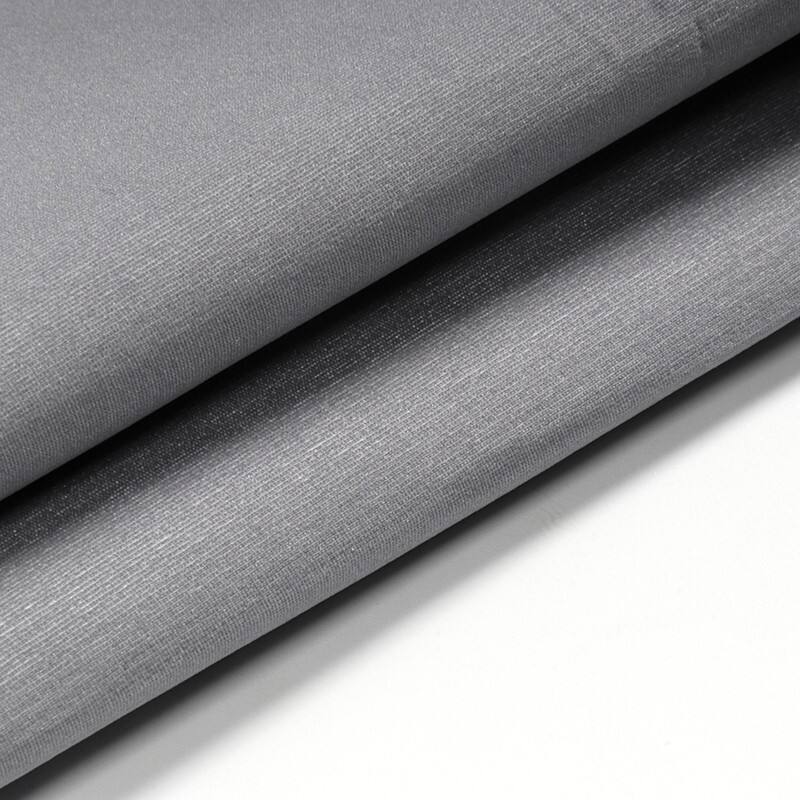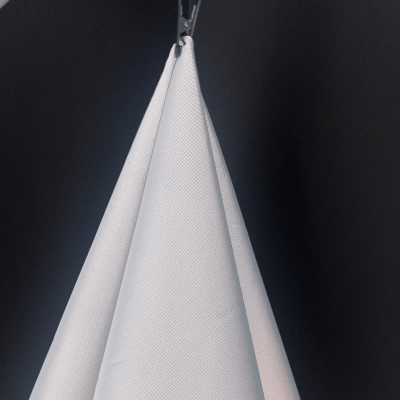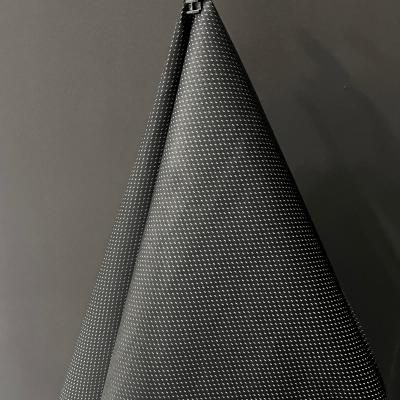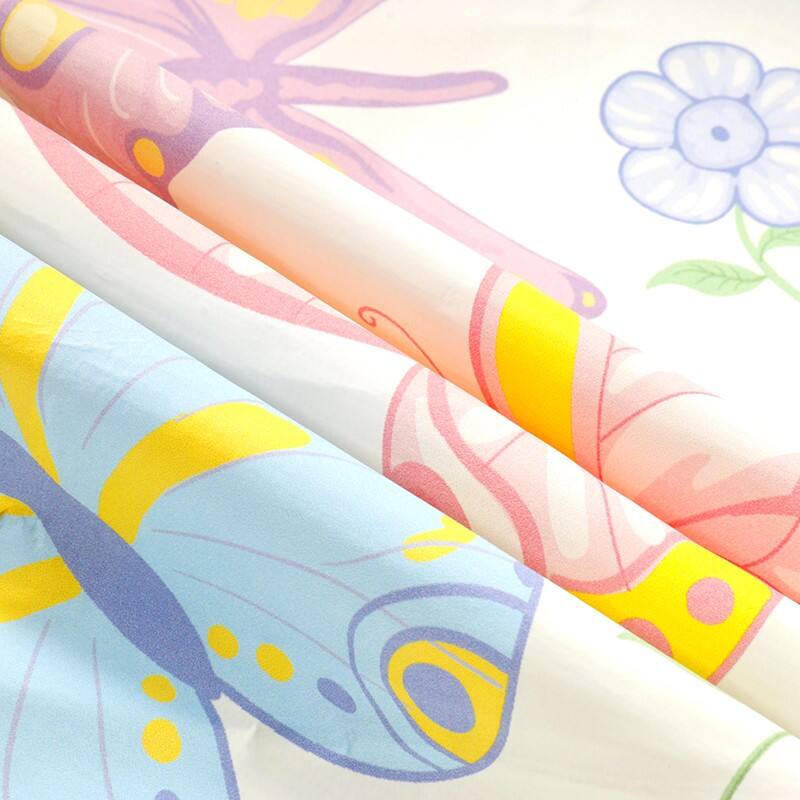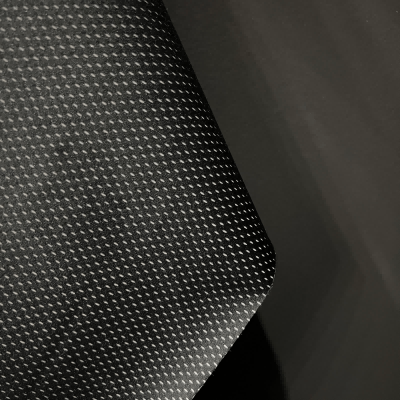best eco friendly fabrics
Eco friendly fabrics represent a revolutionary shift in sustainable textile production, combining environmental responsibility with superior performance. These materials include organic cotton, grown without harmful pesticides, hemp which requires minimal water and naturally resists pests, and innovative recycled polyester made from post consumer plastic bottles. Bamboo fabric, known for its rapid renewable nature, offers exceptional breathability and moisture wicking properties. Tencel, derived from sustainably harvested wood pulp, provides a silk like texture while using closed loop production systems that recycle water and solvents. These fabrics feature advanced processing techniques that minimize water usage and chemical treatments while maintaining durability and comfort. Modern eco friendly textiles incorporate cutting edge technologies such as waterless dyeing processes and bio based finishes that enhance performance without environmental harm. They find applications across fashion, home furnishings, and technical wear, offering versatility without compromising sustainability. These materials often exceed traditional fabrics in terms of durability, comfort, and functionality, while significantly reducing environmental impact through their production and lifecycle.
